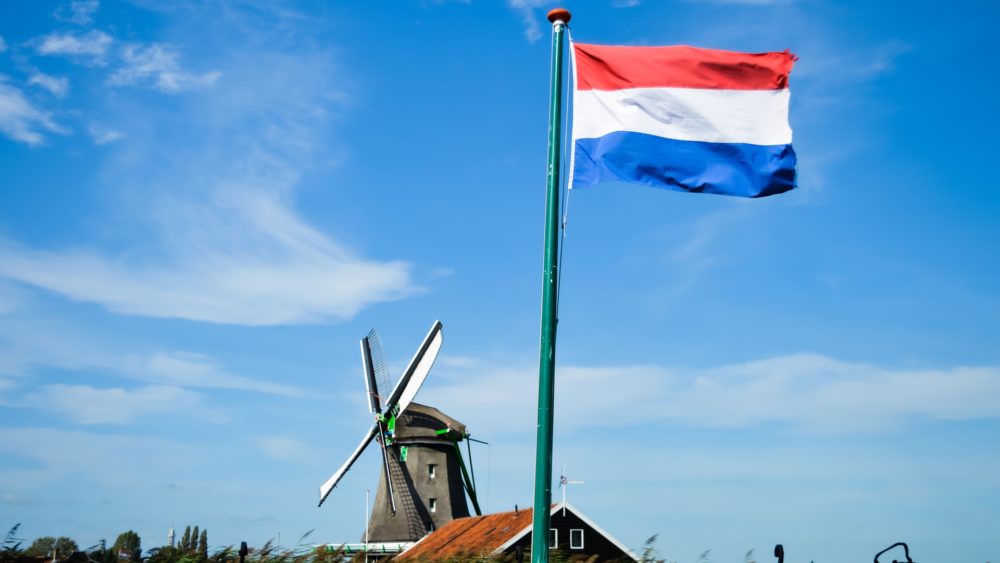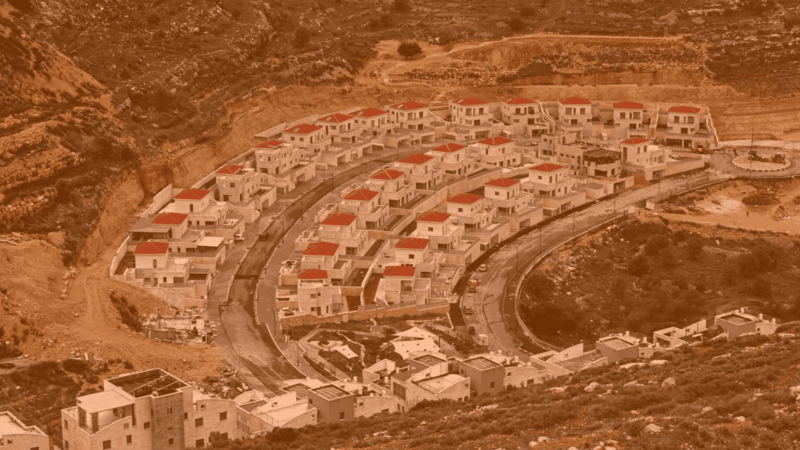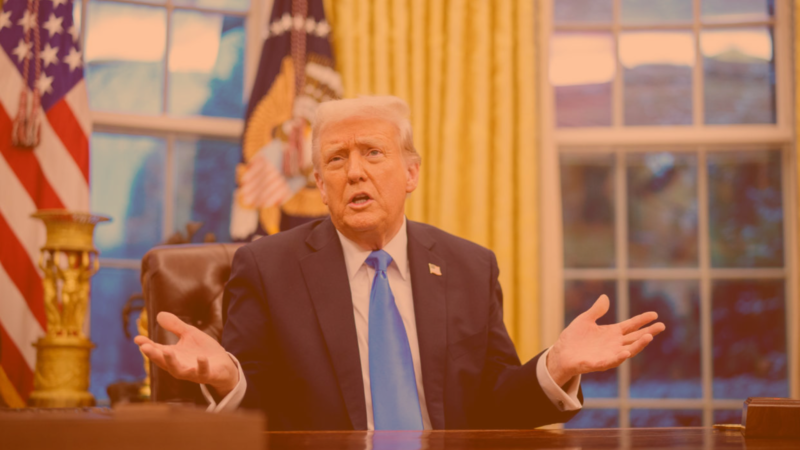Rutte’s history of austerity, while favouring large corporations, is set to continue
The Netherlands held its national parliamentary election this past week and exit polls suggest that People’s Party for Freedom and Democracy (VVD), led by incumbent Prime Minister Mark Rutte, will lead another four-year term. Under his stewardship, wealth inequality and ethnic profiling have increased, homelessness has doubled, almost 10% of the population live below the poverty line and the number of hospital beds keeps depleting. Meanwhile, the Netherlands continues to provide a ‘home’ to those that seek a tax haven, ranking 4th globally. This status inflicts an estimated tax loss on other countries to the tune of 36 billion USD per year.
This sweeping win of Rutte’s party is somewhat disappointing considering that his cabinet was tainted by a xenophobic scandal only a few months ago — choosing to resign instead of facing a parliamentary probe over the affair. Indeed, the Toeslagenaffaire revealed that the Dutch administration used racial profiling to falsely accuse 26,000 parents of social benefit fraud since 2006.
The pandemic too played a role, somewhat pacifying the election campaign. Unlike previous years, the election lacked any major political theme and upheavals. This reflects the contentment of a majority of Dutch voters with Rutte’s handling of the pandemic, despite the Netherlands being one of the slowest countries to roll out the COVID-19 vaccine at the European level.
As it has become a habit in Europe now, the far right has secured consequential wins during this election. The PVV (Party for Freedom) of Geert Wilders that seeks to deport Muslims, ban the Quran, deploy the military to quell protests and further privatise mass communications — remains in the Parliament as the 3rd largest party. More concerning is the rise of two Eurosceptic, populist far-right parties: the FVD, winning 5% of votes, as well as newcomers to the Parliament, JA21. The latter party is led by former FVD member, Annabel Nanninga, who has repeatedly used racist slurs when referring to refugees crossing the Mediterranean sea.
On the topic of the European Union, Mark Rutte’s VVD wants the EU to act as a counterweight to China and Russia, which are behaving ever more assertively. The pro-European and 2nd biggest party, D66, led by former top diplomat, Sigrid Kaag, has gone as far as calling for a European army. Another Europhile and pan-European party, Volt, which has entered the Parliament for the first time and secured 3 seats, further supports militarisation via increased defence spending, while most other parties are interested in more cooperation between European armed forces.
The climate and the healthcare sector will continue to suffer
As previously investigated by DiEM25 Zuid-Holland, Dutch party programmes are far from the drastic systematic changes that are required in order to reverse climate change. DiEM25’s press release showed the shortcoming and unambitious nature of these programmes, sidelining workers’ rights and social equality for economic profits.
In fact, Rutte’s history of austerity, while favouring large corporations, is set to continue. So far, no serious healthcare system reform is envisaged, and it is clear that hospital capacity will keep being cut once the pandemic slows down. At the same time, expanding Dutch nuclear power is firmly on the political agenda of the ruling party.
On a more local level, the Haagse Stadspartij, active in The Hague, aims to combat inequality, expedite the construction of affordable housing, combat climate change and desegregate the city. Daily life — from affordable housing to health services — are anchored at the municipal level. Thus, the next local elections in March 2022 will be crucial to stem the tides of inequality and xenophobia in the Netherlands.
Some smaller parties have emerged, rising as progressive forces against reactionary ones. One of them, Bij1, a radical left party, stands out in the Dutch political landscape by its unapologetically anti-racist stance. The new party, created in 2016, enters the Parliament for the first time by securing one seat. With a focus on radical anti-capitalist change, decolonization and social housing, this party is a breath of fresh air in Dutch politics where right-leaning neoliberal groups are over-represented. Join us to develop an alternative socio-political model for the Netherlands!
Gabrielle Fradin and Amir Kiyaei are members of DiEM25 in the Netherlands.
The views and opinions expressed here are those of the author(s) and do not necessarily reflect DiEM25’s official policies or positions.
Photo Source: Photo by João Guimarães on Unsplash.
Do you want to be informed of DiEM25's actions? Sign up here















